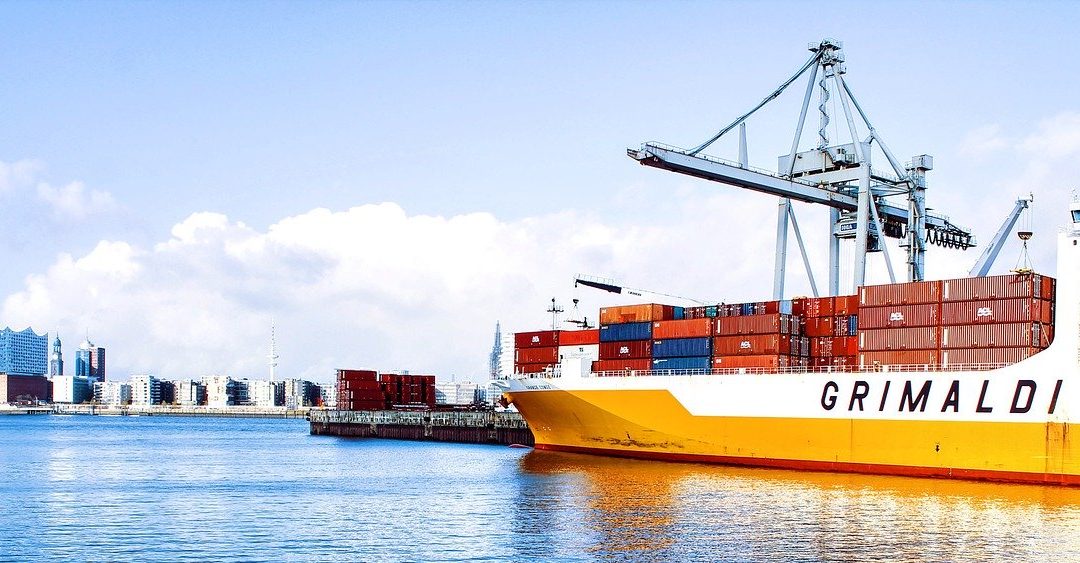Import operations in Spain: In the event of importing products from third countries, the products must be accompanied by the supplier import invoice, the customs clearance document and the Single Administrative Document (SAD).
In economic terms, import is the legitimate entry in Spain of national goods and services exported to a third country.
The main imports are divided into technical products (9.7%), vehicles (12.8%) and mineral fuels, such as petroleum (14.6%). The lowest category imports are clothes and iron, with each of them contributing approximately 2% of the total imports in 2018. Now, in the current environment of increasing globalisation, imports are practically essential.
Import operations in Spain bring with them certain tax regulations, which are detailed below:
An import is often confused with an intra-community transaction. Operations within the European Union are considered as intra-community acquisitions, and deliveries and the company must be registered in the census of intra-community operators.
In the event of an import in which a product comes to Spain from a third country, in other words, a country from outside the European Union, such as Switzerland, the USA, Japan, the product must be accompanied by the supplier import invoice, the customs clearance document and the Single Administrative Document (SAD). To compensate the existing national taxes, the import VAT will be applied according to the provisions of the Community Customs Code.
CHAPTER III Imports of goods Article 17. Taxable transaction
Imports of goods, no matter what their purpose or circumstances of the importer, will be subject to tax.
The SAD is a form which has to be completed at local customs for the interchange of goods and services as a base for being able to deduct the input VAT payments on the imports of goods. Companies which are registered to obtain the Economic Operators Registration and Identification number (EORI) can request the return of the VAT in their favour at the end of each period of monthly or annual settlement.
The EORI serves as an identification number for import and export, within the customs territory of the Union, assigned by a customs authority to an economic operator or other person to register them for customs purposes. This number is only issued once and is applicable throughout the EU through a paper addressed to customs. Through the AEAT (Spanish Tax Office) website, communication can be made of any EORI number which may have been assigned in another Member State, so it can be associated with the Tax ID Number this operator has obtained in Spain.
Our team of experts at ARINTASS will be delighted to help you with any questions you might have regarding the processing of the registration for import operations in Spain.

